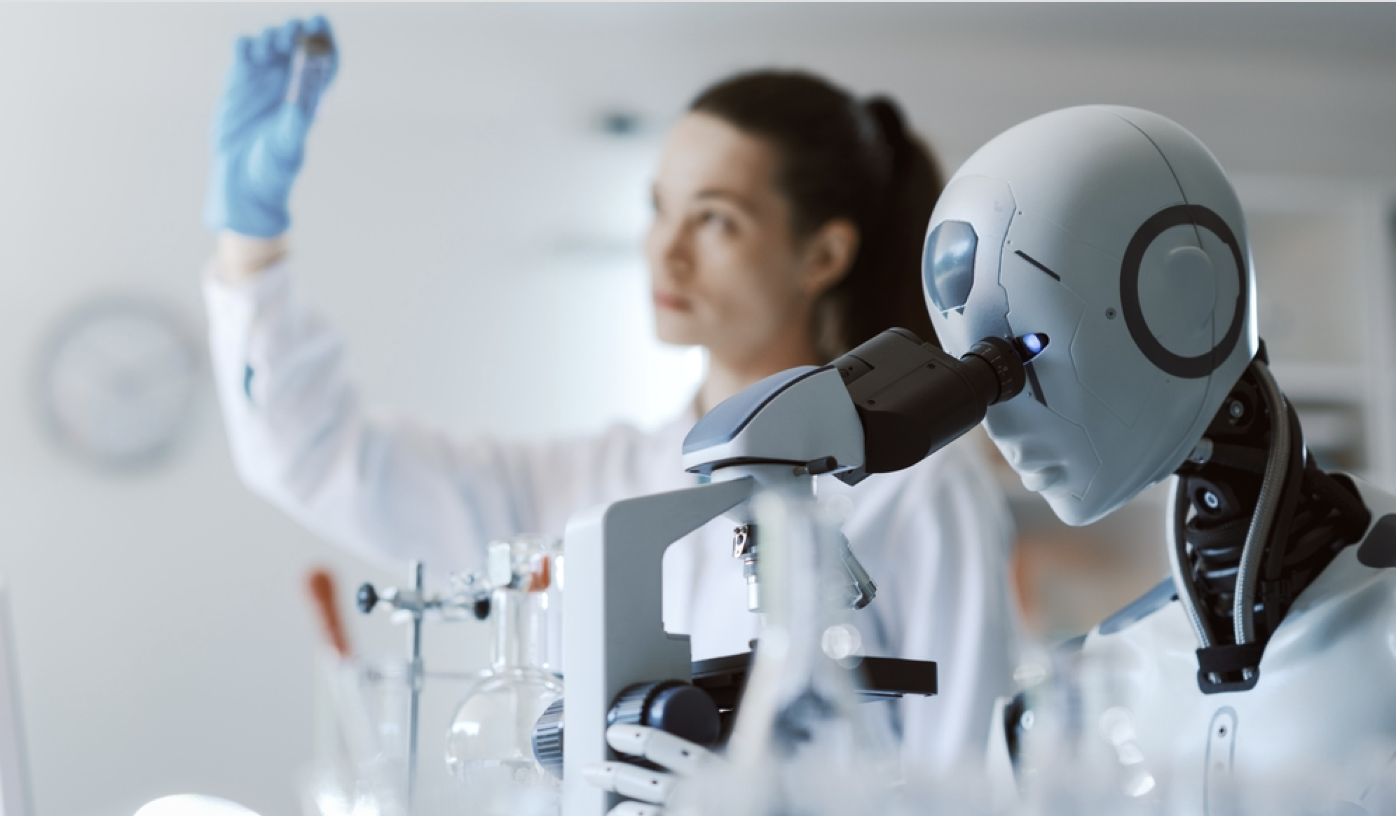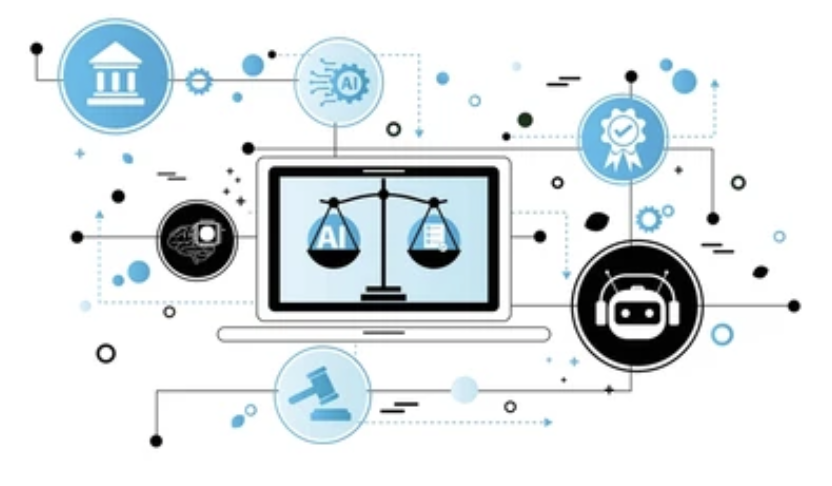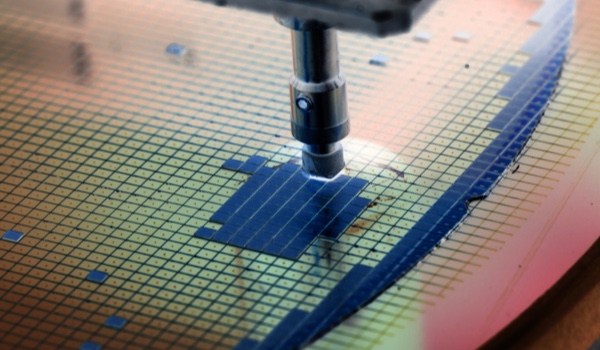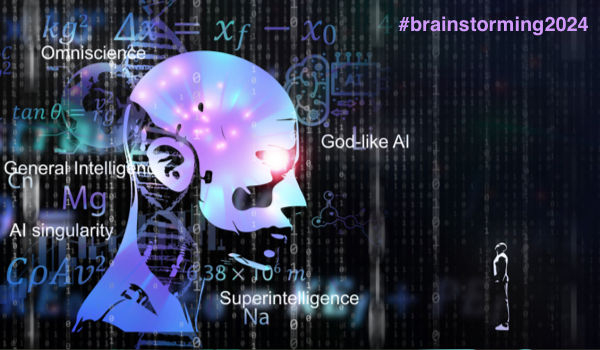


PORT HARCOURT, NIGERIA - While artificial intelligence (AI) holds enormous promise in healthcare, including diagnostics, the progress - significant that it has made over the years - has been uneven. Autoimmune diseases in particular demonstrate the need for a comprehensive diagnostic approach not solely reliant on AI capabilities - unlike most other health scenarios - in which AI is already realizing solutions from diagnostics to treatment.
Autoimmune diseases are a complicated group of conditions in which the body's immune system - which evolved to protect it from viruses and foreign intruders - erroneously targets its own cells and tissues. When the immune system fails to distinguish between ‘self’ and ‘non-self,’ it unlooses a cascade of immunological responses against the body's own proteins, cells, and organs. They disproportionately afflict women, who make up almost four-fifths of their victims.1
The etiology of autoimmune disorders is complex and multifaceted. Environmental factors, infections, hormone imbalances, and genetic predisposition are all thought to bear. The precise triggers also vary widely, which is part of the reason why there are so many different types of these illnesses. Some of the most common ones are rheumatoid arthritis, lupus, multiple sclerosis, type 1 diabetes, and Hashimoto's thyroiditis.
Diagnosing autoimmune diseases is thus often difficult due to their heterogeneity and the occasional overlap of symptoms with those of other conditions. AI-powered tools might seem the perfect solution to this problem, but they are hard to deploy in practice. While AI does play the superhero in many areas, decoding autoimmune diseases is no easy task. Like snowflakes, no two cases are exactly alike, and AI struggles to spot all the subtle differences.
AI - at least in its current form - is not up to this task because of the convoluted and complicated nature of these illnesses, whic
The content herein is subject to copyright by The Yuan. All rights reserved. The content of the services is owned or licensed to The Yuan. Such content from The Yuan may be shared and reprinted but must clearly identify The Yuan as its original source. Content from a third-party copyright holder identified in the copyright notice contained in such third party’s content appearing in The Yuan must likewise be clearly labeled as such. Continue with Linkedin
Continue with Linkedin
 Continue with Google
Continue with Google








 1225 views
1225 views









